Ultrasonic Motor Accuracy: A Comprehensive Overview
Ultrasonic motor accuracy is a defining feature of these unique electromechanical…
Unlock the power of control and utilization in electrical systems with in-depth insights from Electrical Hub’s Control & Utilization category. Explore efficient techniques, smart solutions, and best practices for managing and optimizing electrical resources. Empower your electrical knowledge today!
Ultrasonic motor accuracy is a defining feature of these unique electromechanical…
For the Ultrasonic Sensor DC Motor Arduino Code, you’ll need to connect both the ultrasonic sensor and the motor to your Arduino board. Then write the code to trigger motor movement based on distance measurements from the sensor.
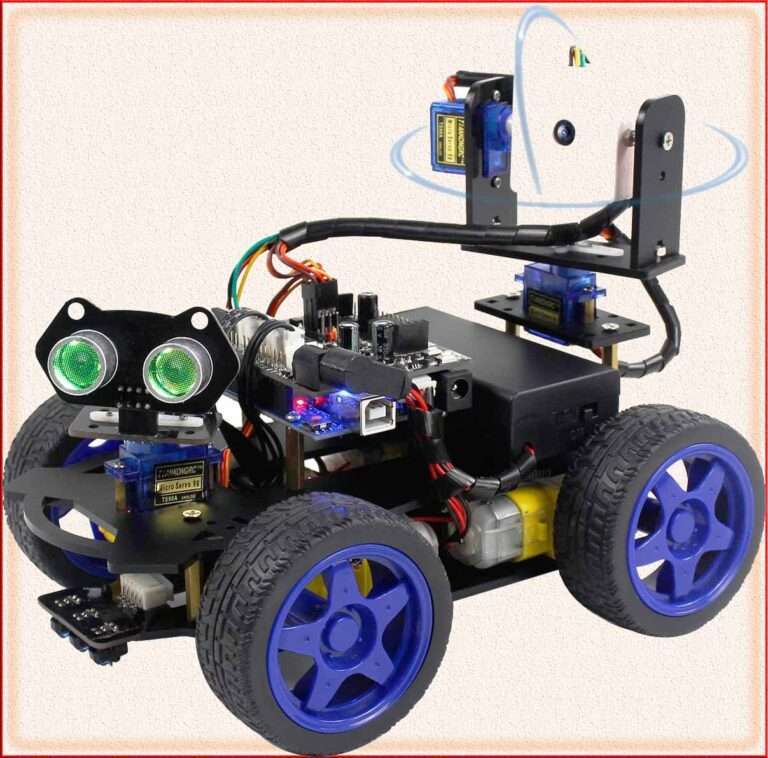
The combination of a servo motor, an ultrasonic sensor, and an…
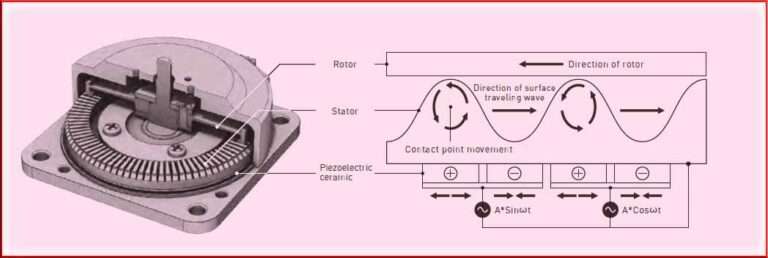
There are numerous advantages and disadvantages of Ultrasonic motors that make…
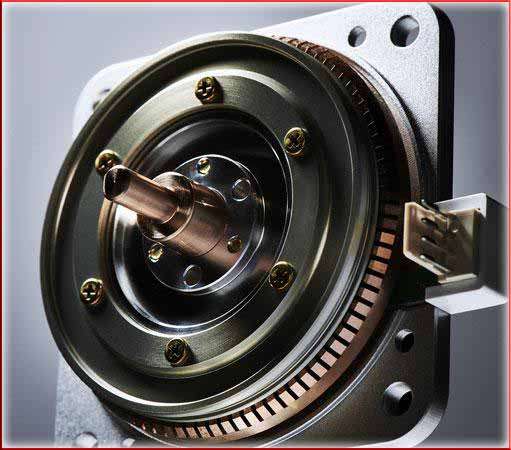
An ultrasonic motor, often referred to as a USM, is a…
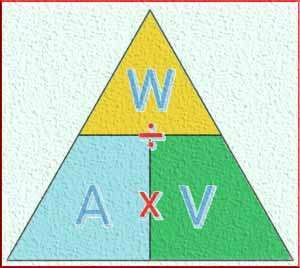
Discovering how electricity works can seem like a daunting task, especially…
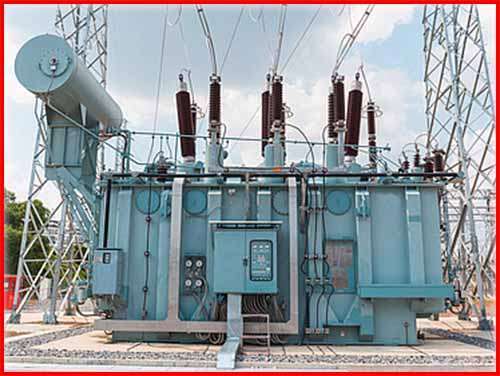
Power transformer manufacturers play a pivotal role in the global energy…
In the field of electrical engineering and energy distribution, power transformer…
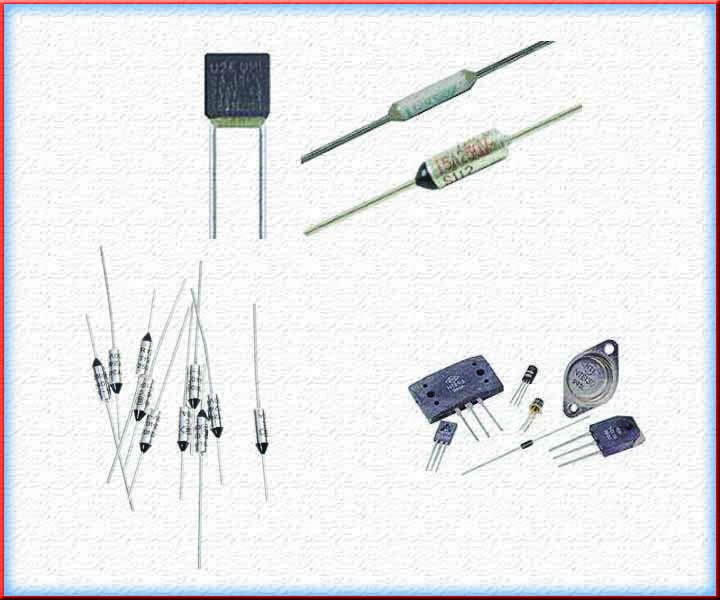
Thermal fuses, often referred to as thermal cutoffs or TCOs, are…

Cartridge fuses are a fundamental component in electrical systems, providing essential…
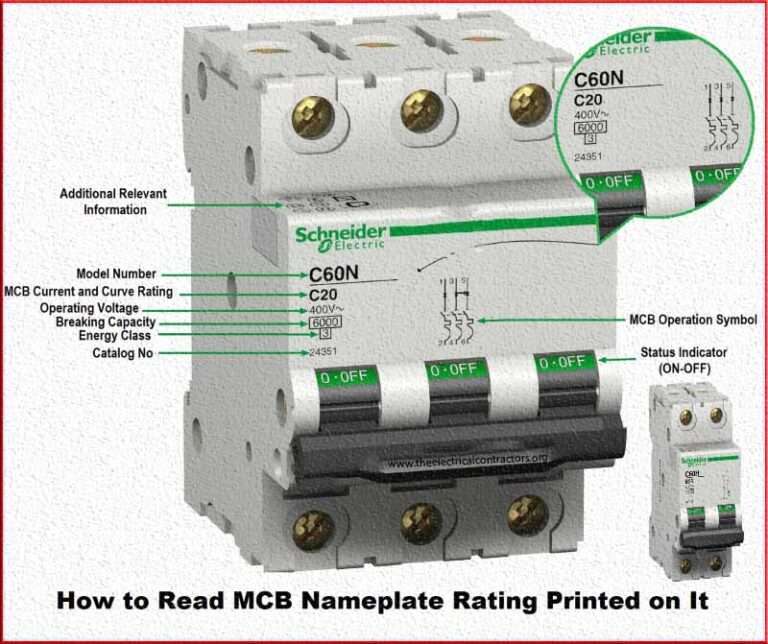
Miniature Circuit Breakers (MCBs) are integral components of electrical systems, offering…
Fuses play a pivotal role in electrical systems by safeguarding circuits…
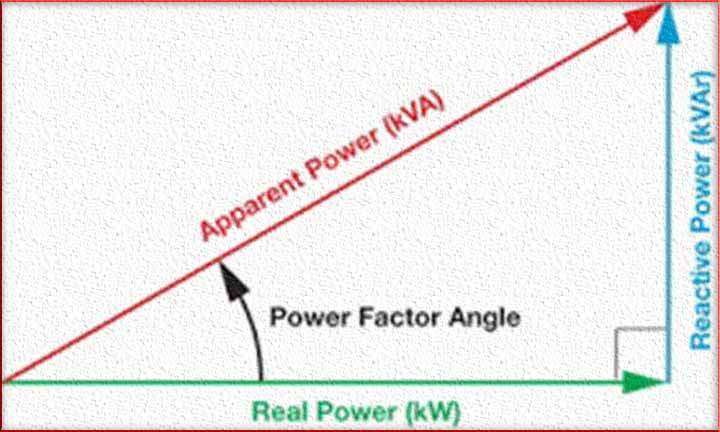
Calculating power factor correction is a crucial step in optimizing energy efficiency and reducing electricity costs in industrial and commercial setups. Power factor correction involves adjusting the power factor of a system to bring it closer to unity, which can lead to improved equipment performance and reduced losses.

Power factor is a crucial parameter in electrical systems. How to check power factor? for a running system that indicates the efficiency of power usage by the system. It represents the ratio of real power (kW) to apparent power (kVA) in an AC circuit, and it plays a significant role in determining the overall energy consumption and system performance.
| Cookie | Duration | Description |
|---|---|---|
| cookielawinfo-checkbox-analytics | 11 months | This cookie is set by GDPR Cookie Consent plugin. The cookie is used to store the user consent for the cookies in the category "Analytics". |
| cookielawinfo-checkbox-functional | 11 months | The cookie is set by GDPR cookie consent to record the user consent for the cookies in the category "Functional". |
| cookielawinfo-checkbox-necessary | 11 months | This cookie is set by GDPR Cookie Consent plugin. The cookies is used to store the user consent for the cookies in the category "Necessary". |
| cookielawinfo-checkbox-others | 11 months | This cookie is set by GDPR Cookie Consent plugin. The cookie is used to store the user consent for the cookies in the category "Other. |
| cookielawinfo-checkbox-performance | 11 months | This cookie is set by GDPR Cookie Consent plugin. The cookie is used to store the user consent for the cookies in the category "Performance". |
| viewed_cookie_policy | 11 months | The cookie is set by the GDPR Cookie Consent plugin and is used to store whether or not user has consented to the use of cookies. It does not store any personal data. |